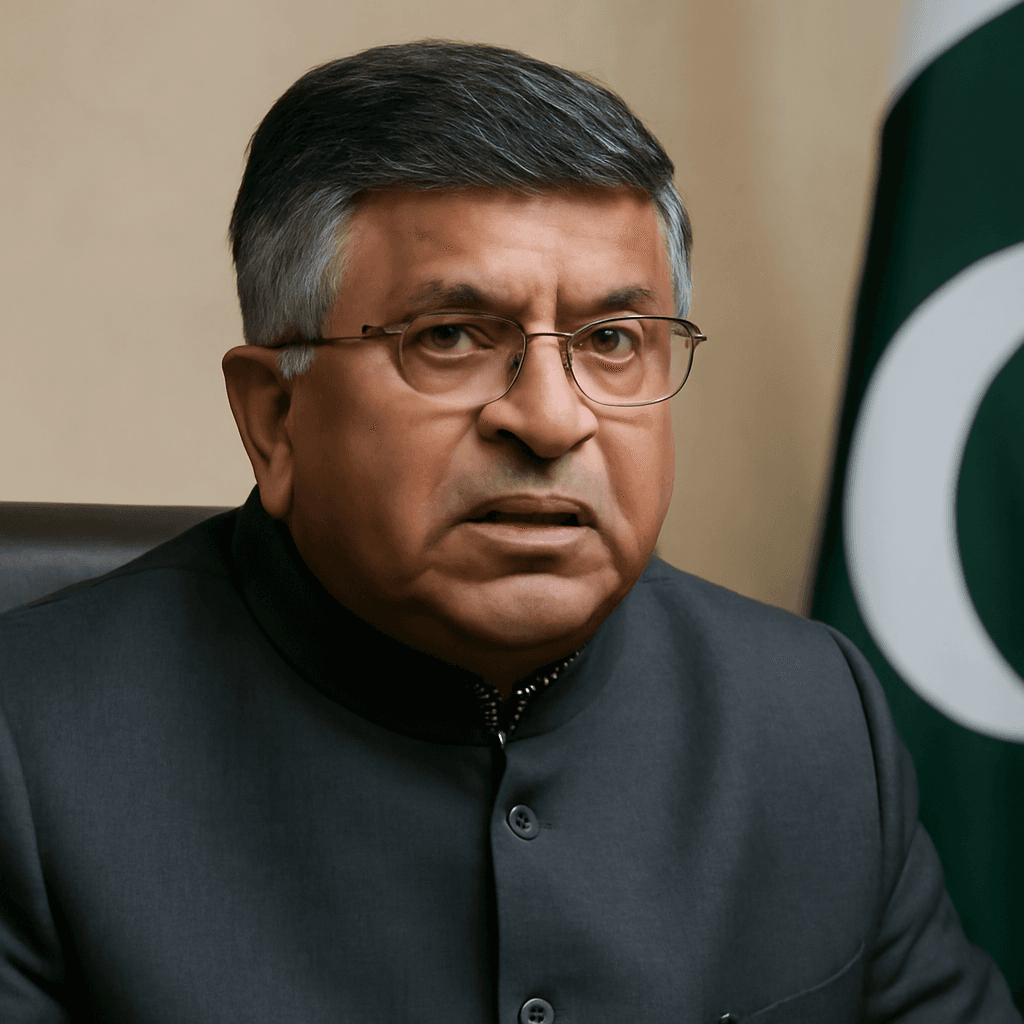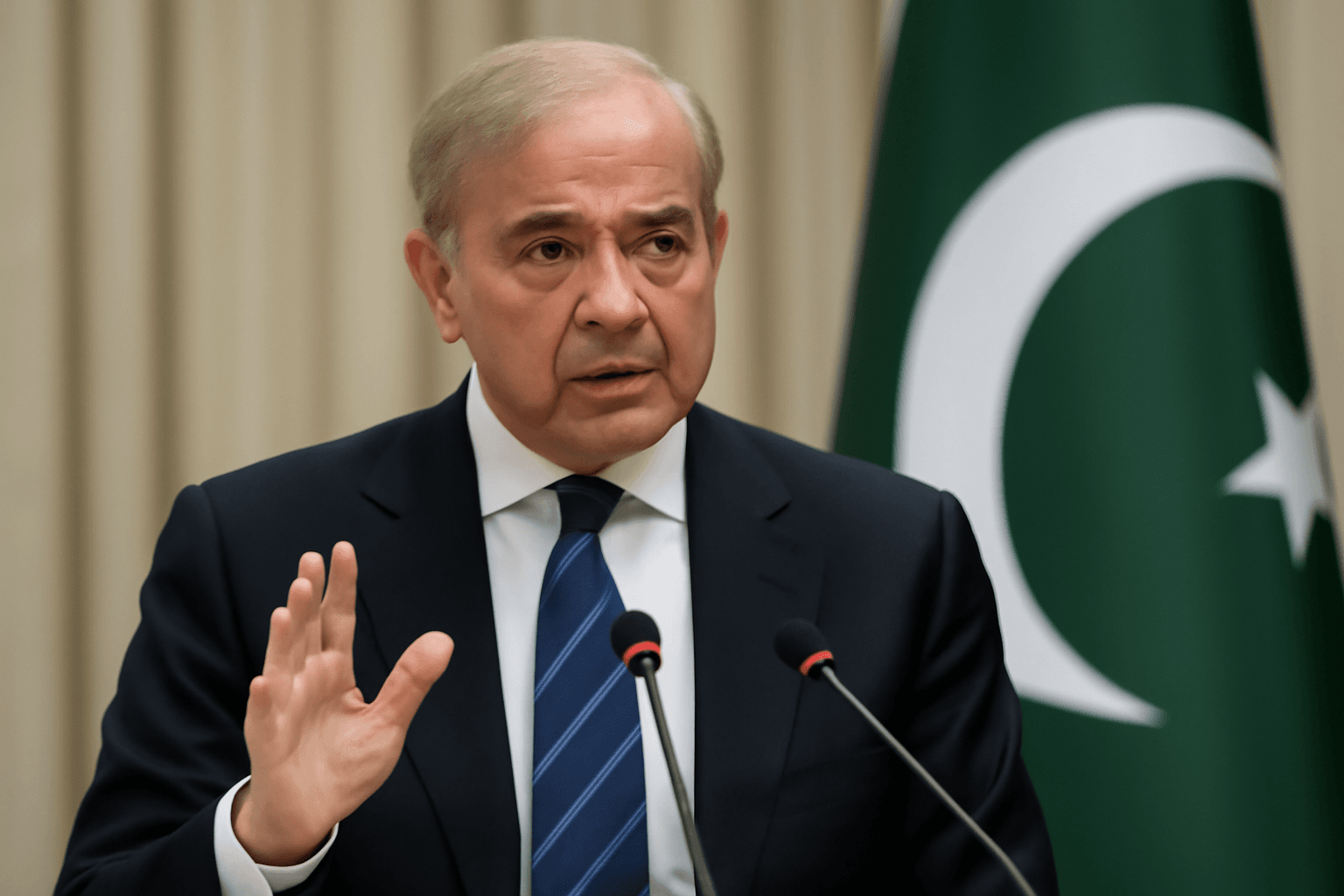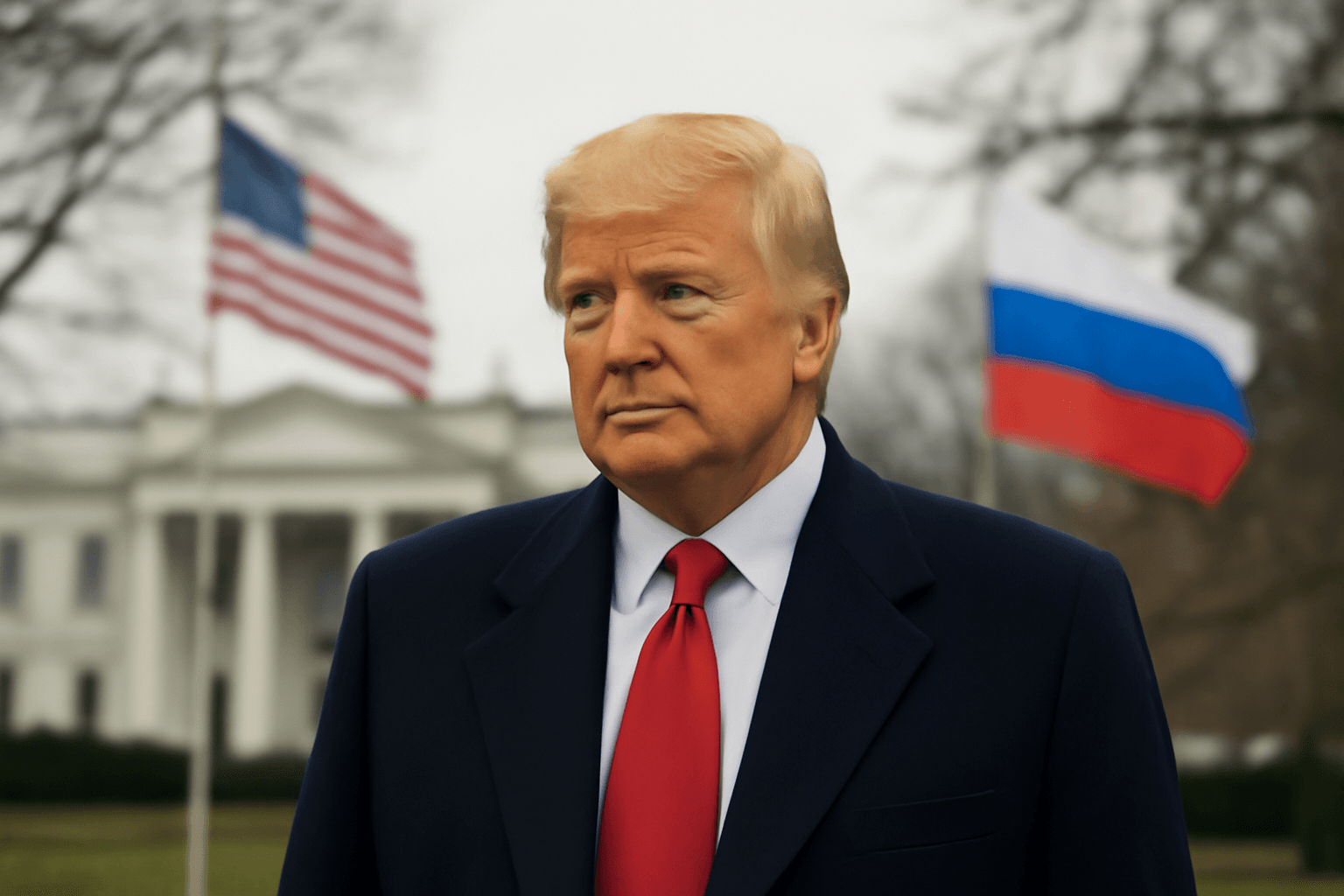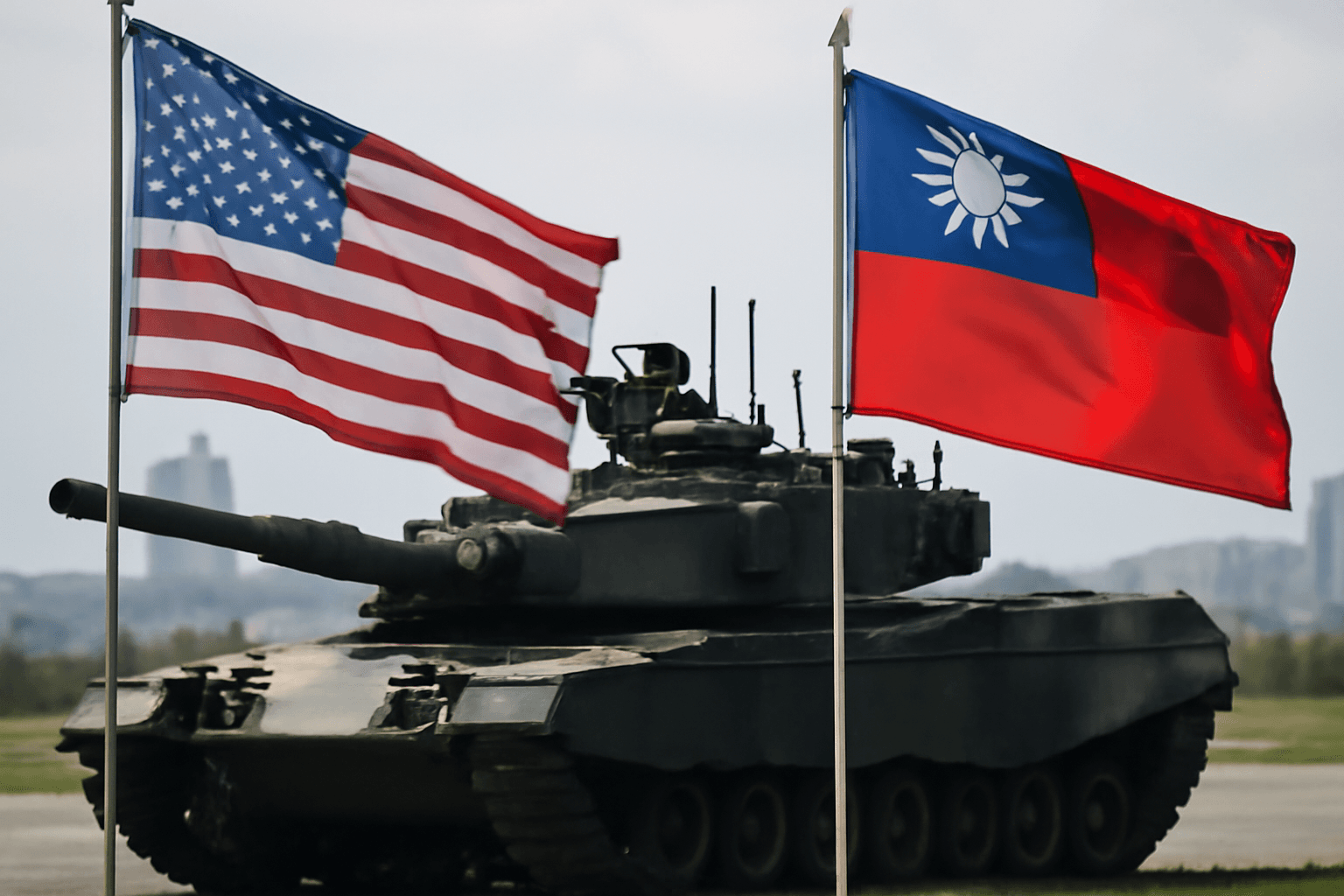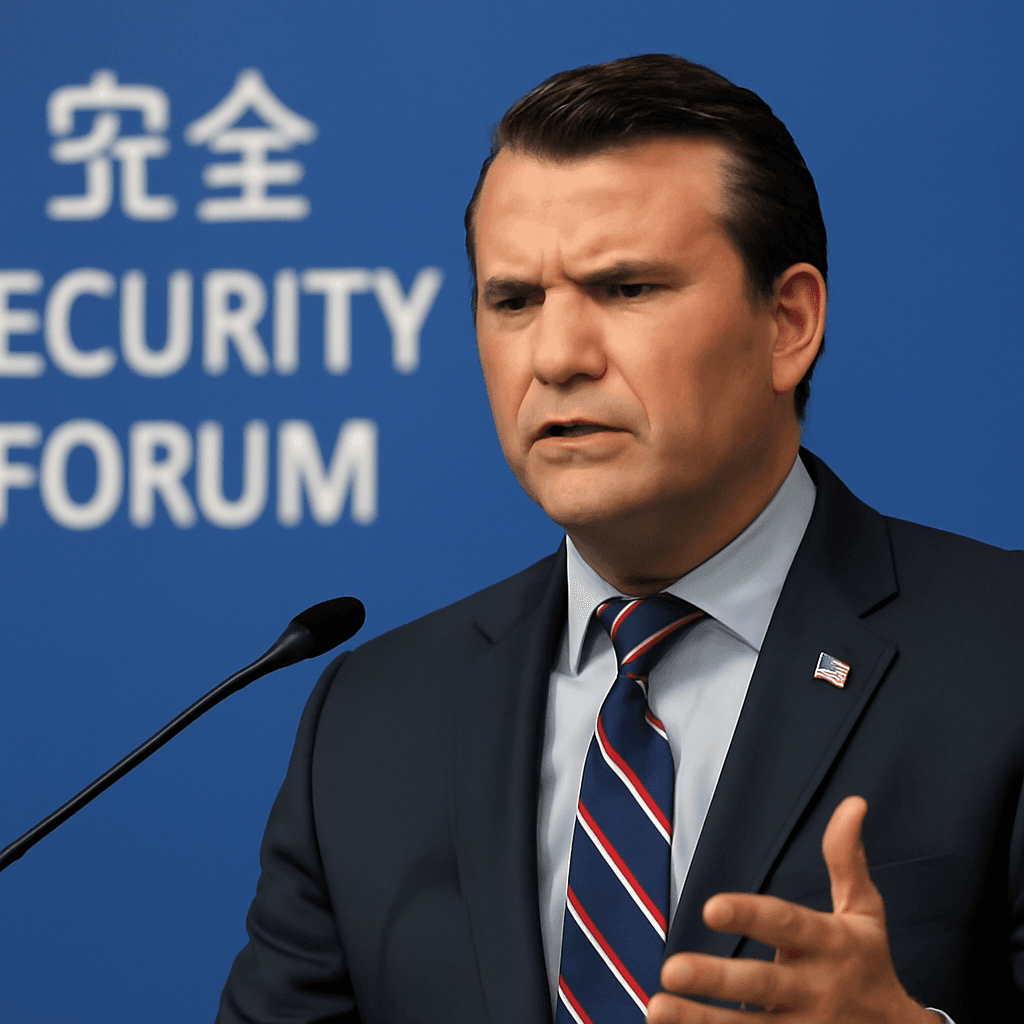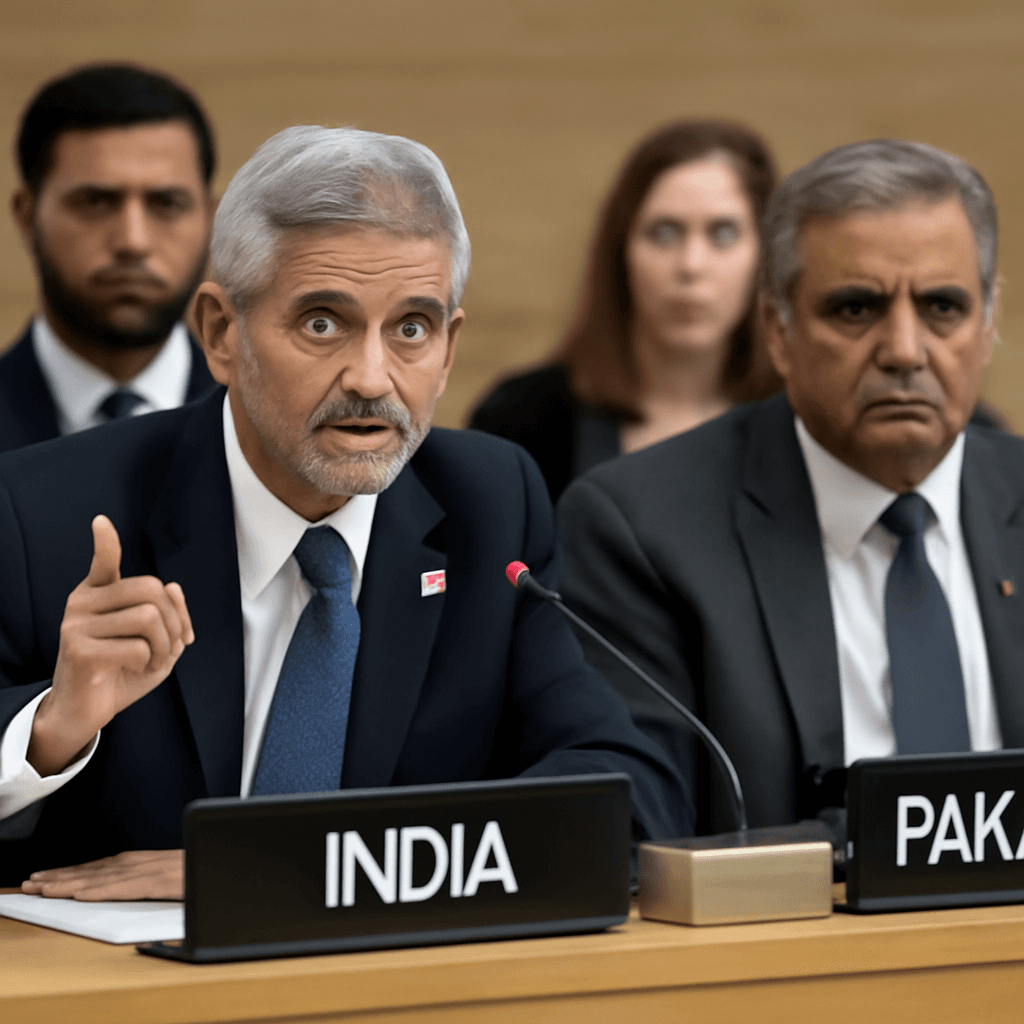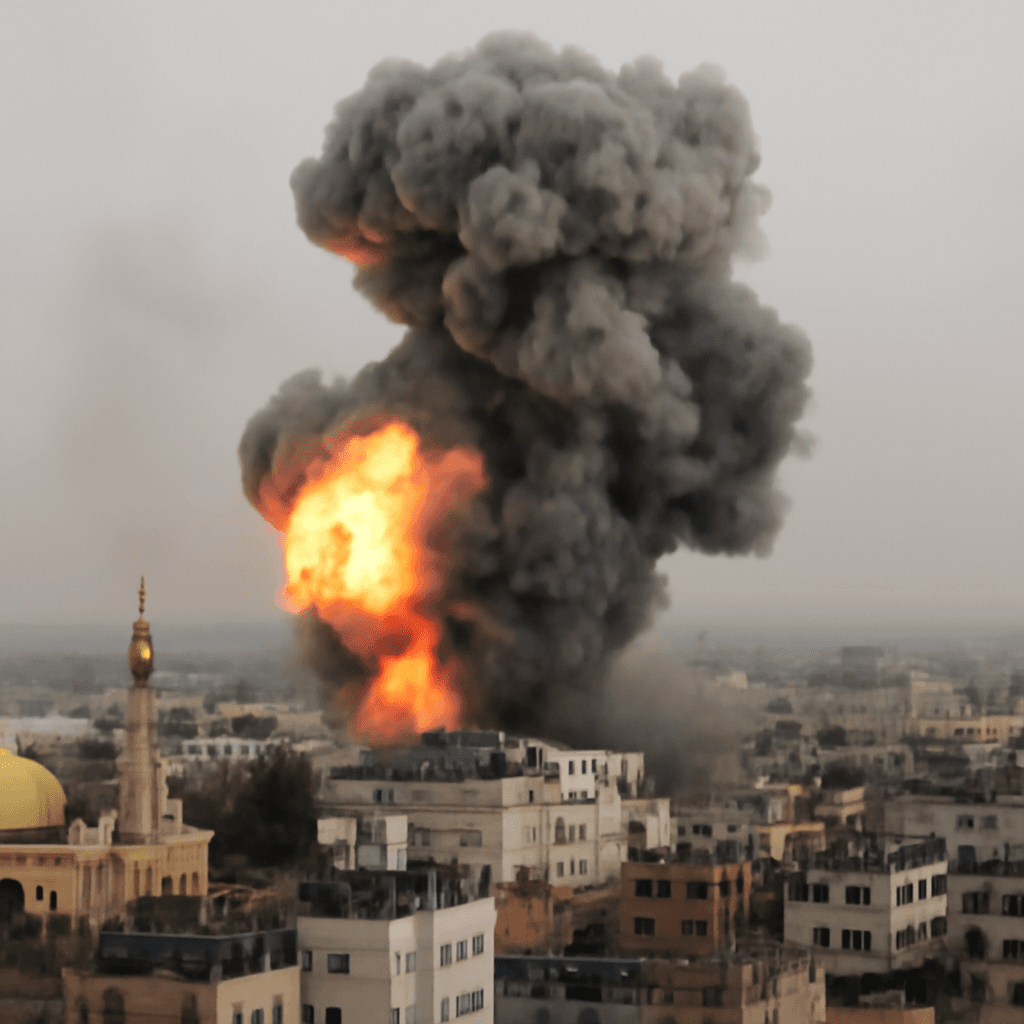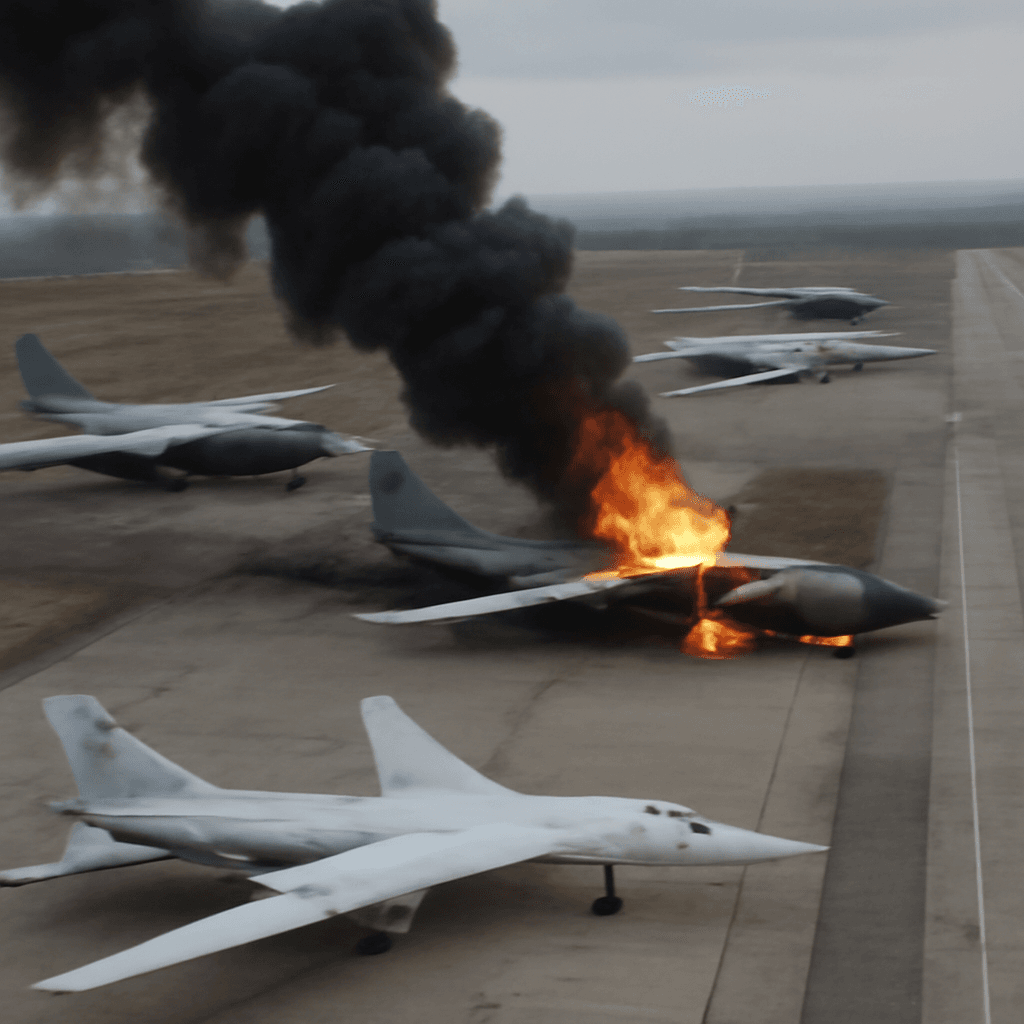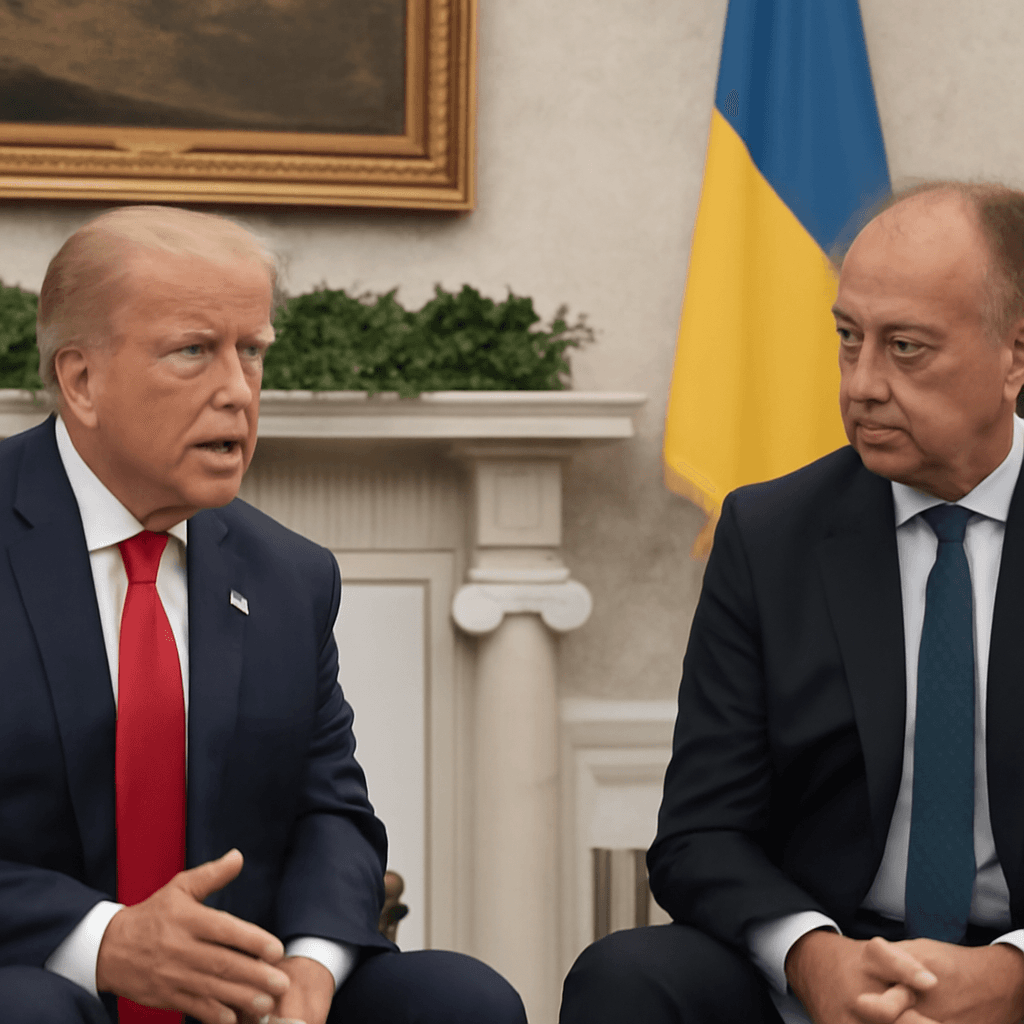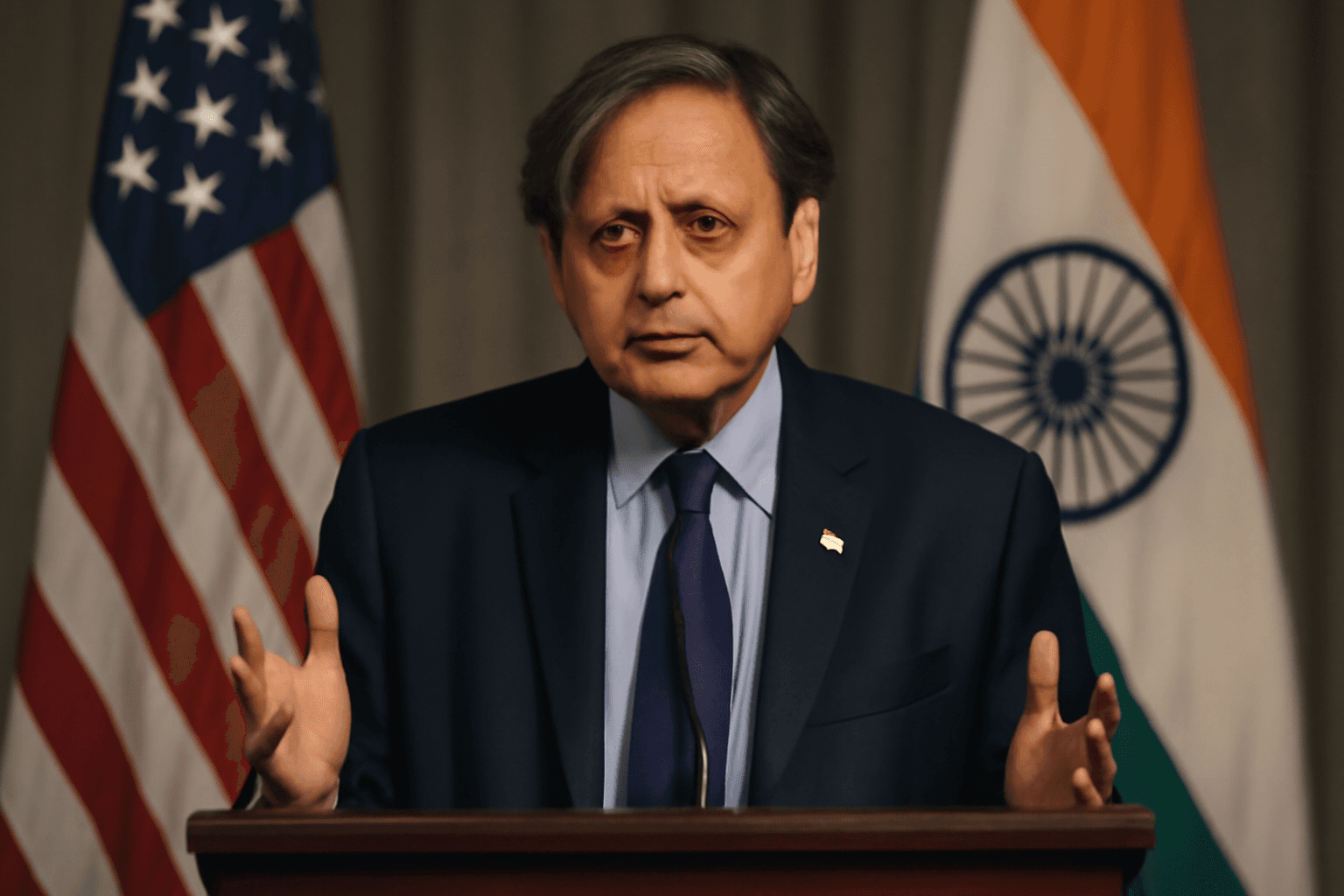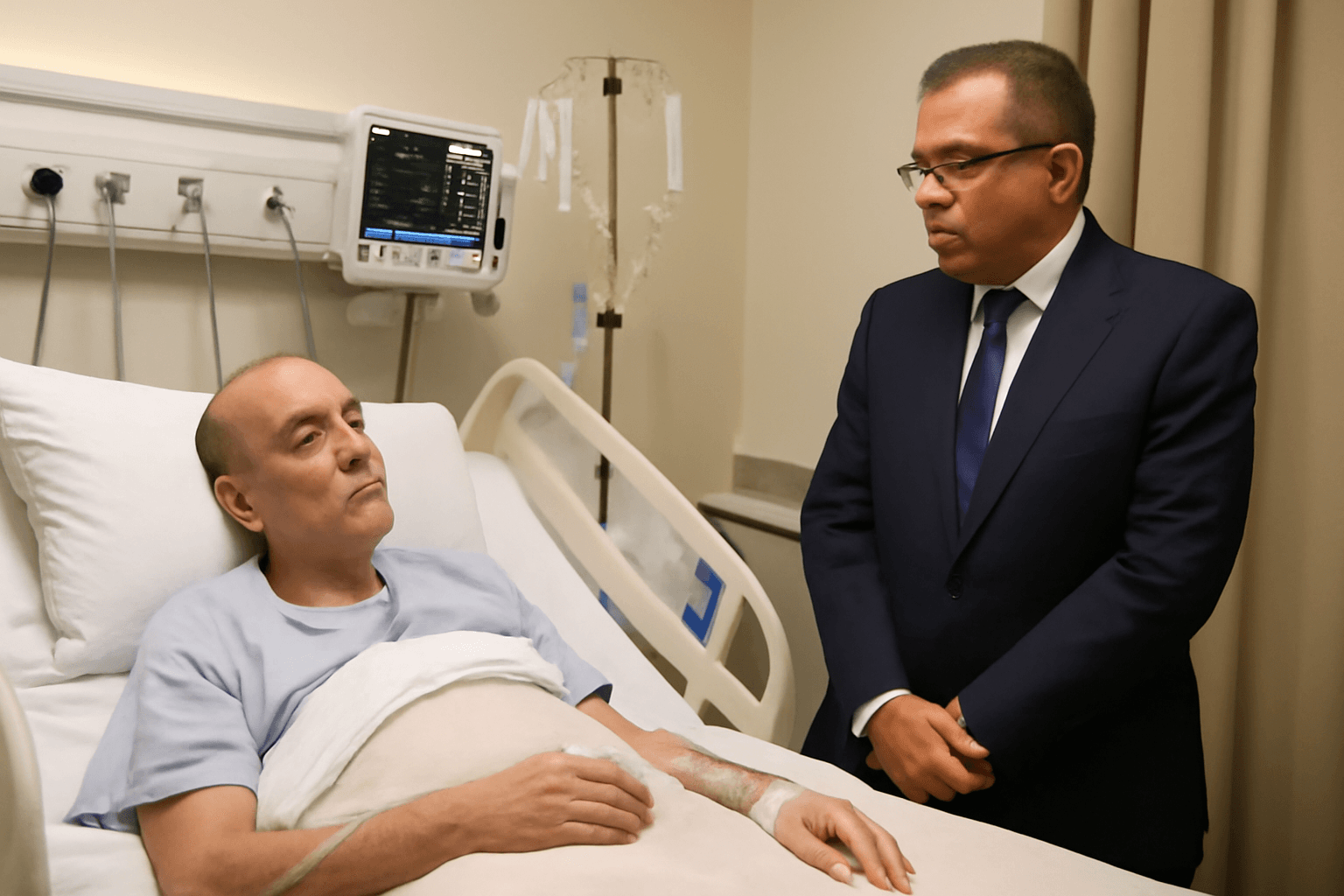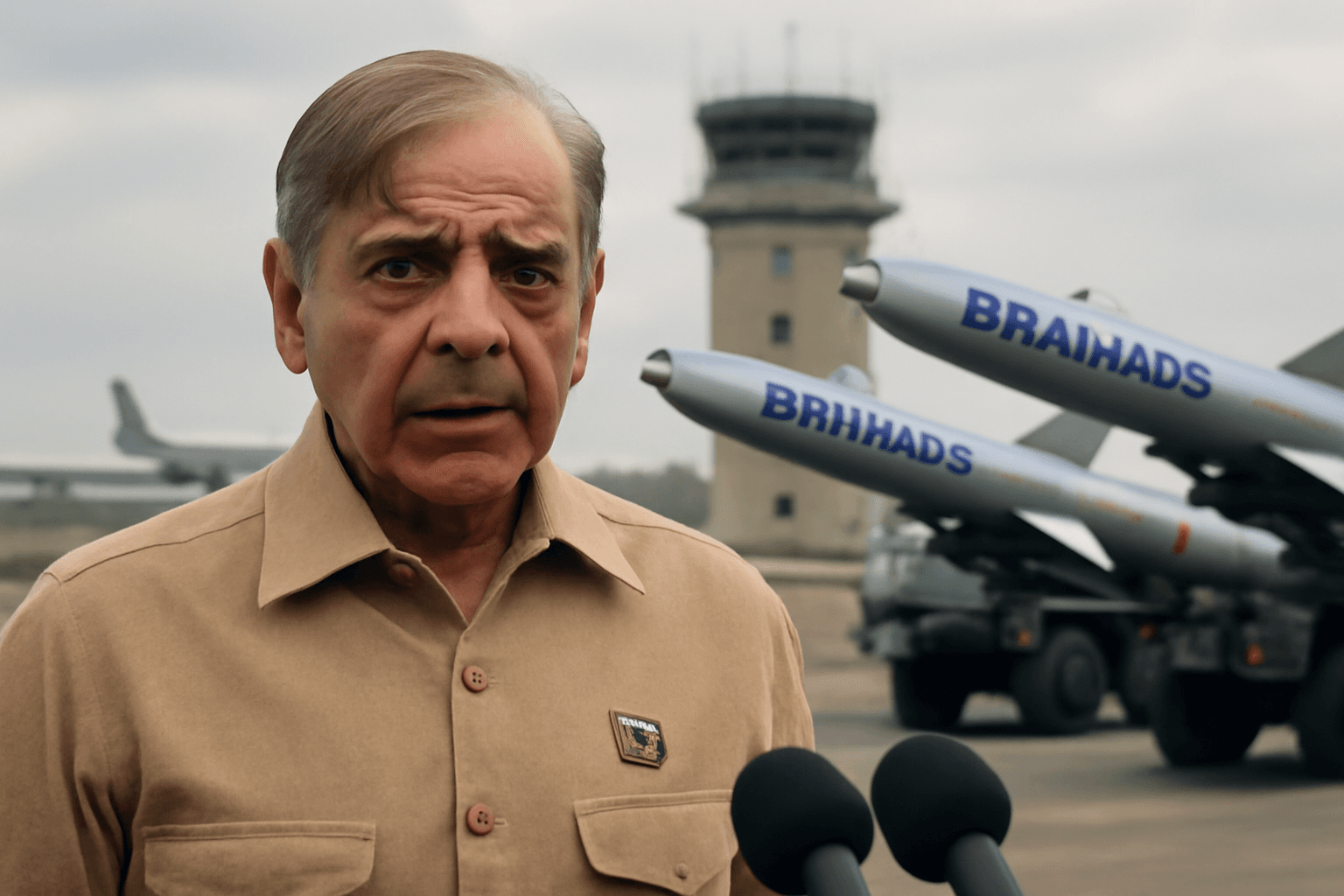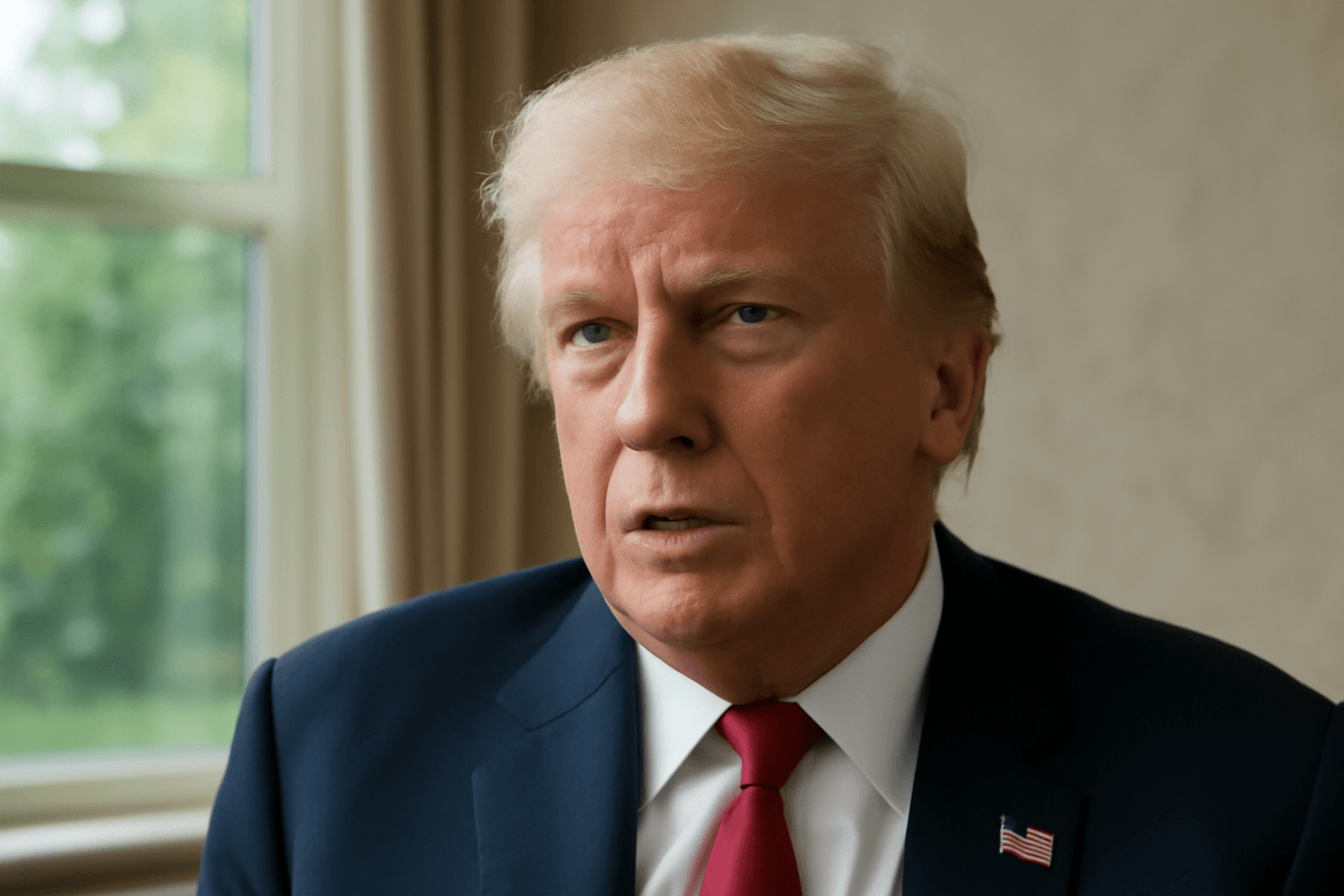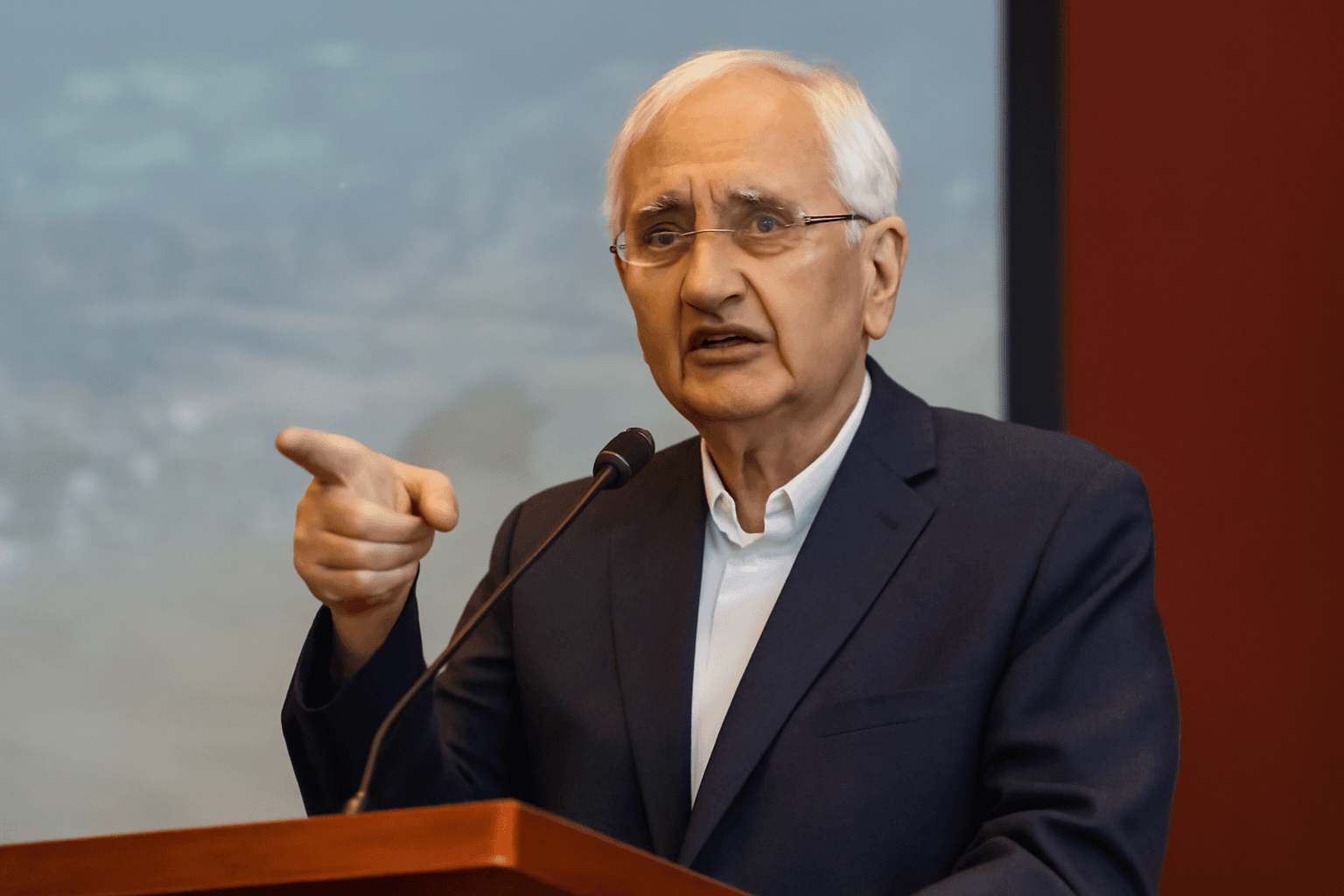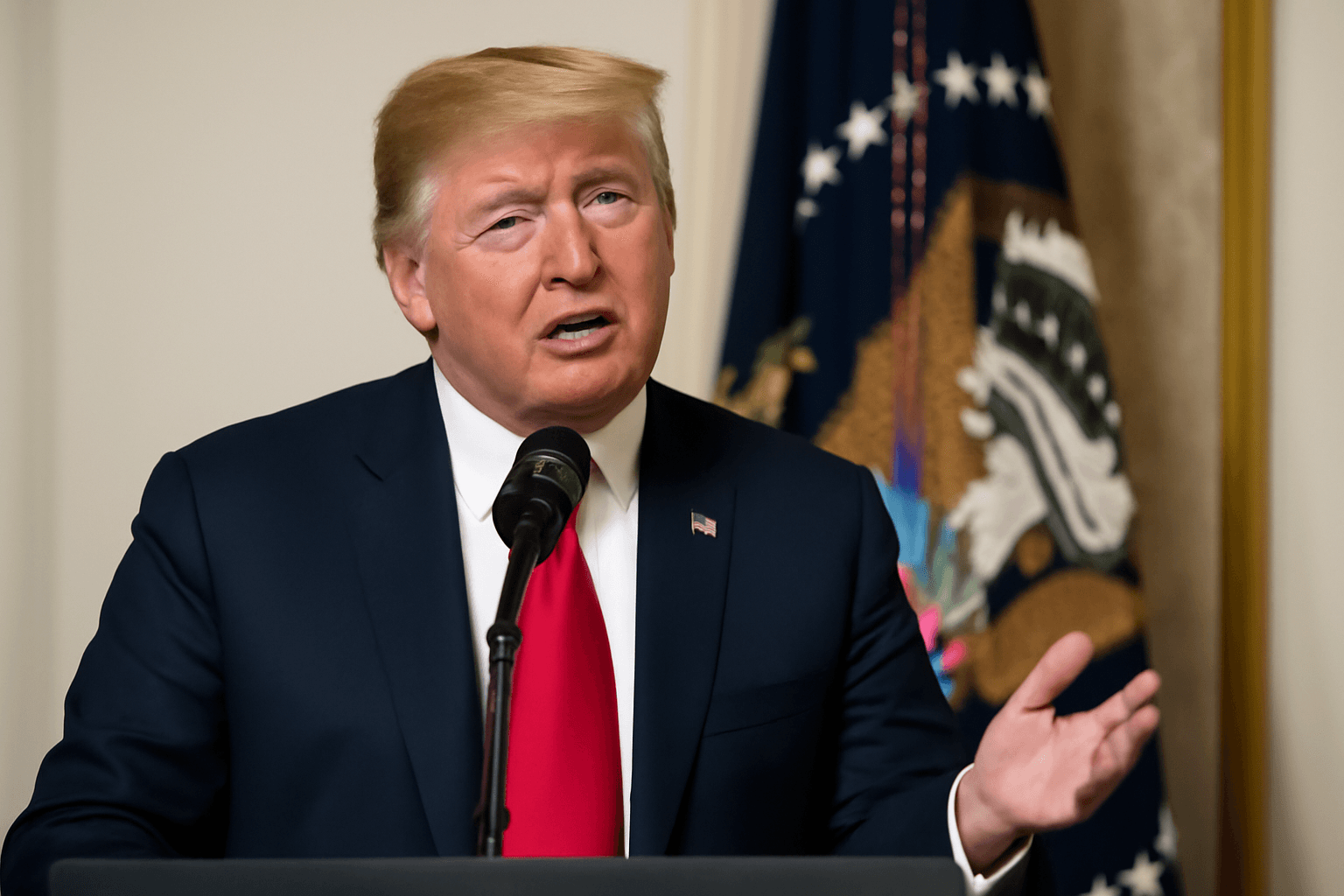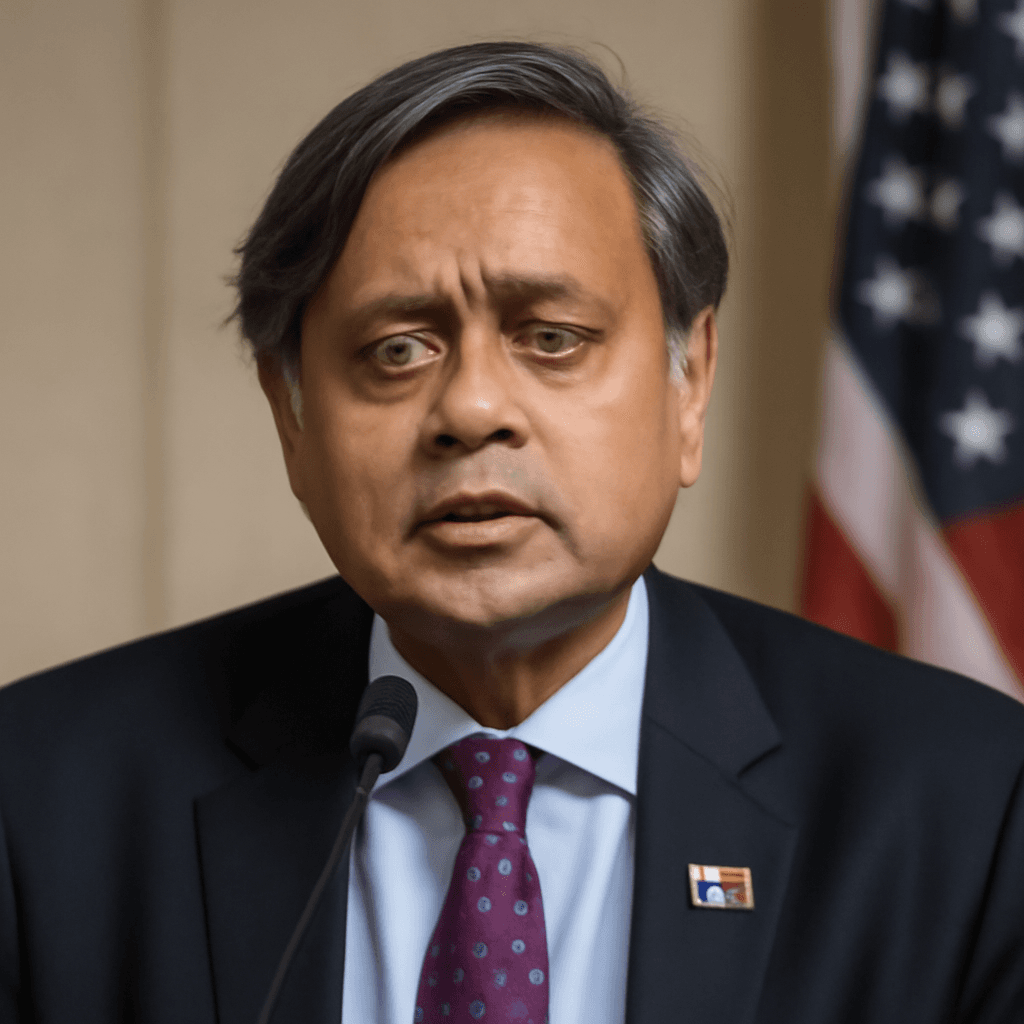Ravi Shankar Prasad Questions Pakistan's Democratic Credentials
During his visit to the United Kingdom, Indian politician Ravi Shankar Prasad stated that Pakistan does not qualify as a democratic nation. He criticized the country’s military leadership for dominating political power, rendering Pakistan "unelectable and unaccountable." Highlighting the promotion of Pakistan’s Chief of Army Staff, General Asim Munir, to Field Marshal despite being "defeated in the field," Prasad drew parallels to previous military rulers such as Ayub Khan.
Operation Sindoor and Indian Military Response
Addressing the Indian diaspora in London, Prasad elaborated on Operation Sindoor, a military initiative targeting terrorist infrastructure within Pakistan and Pakistan-occupied Jammu and Kashmir (PoK). He emphasized that Indian forces exclusively targeted terrorist camps in locations including Bahawalpur, Muridke, and Muzaffarabad, avoiding civilian areas.
Prasad recounted that Pakistani forces had attacked Indian airspace with missile strikes following the operation. He commended the Indian Air Force for successfully neutralizing the offensive, preventing civilian casualties and damage.
Historical Context of Military Leadership in Pakistan
He highlighted the pattern of military dominance in Pakistan’s governance, citing extended rule by field marshals such as Ayub Khan, Yahya Khan, Zia ul Haq, and Pervez Musharraf. The ascent of General Munir was described as part of this ongoing military entrenchment in Pakistan’s political landscape.
Linking Terrorism and Regional Stability
Prasad referenced key historical events to underline the nexus between Pakistan and terrorism, reminding listeners that Osama bin Laden, the orchestrator of the 9/11 attacks, was found in Pakistan. He further mentioned the elimination of terrorists involved in attempts to rescue Masood Azhar, along with family members of the outlawed militant leader, during Indian military operations.
He condemned terrorist attacks such as the April 22 incident in Pahalgam, Jammu and Kashmir, which resulted in the deaths of 26 civilians across multiple religious communities. Prasad described the brutality of these acts and underscored India’s resolve to combat terrorism decisively.
India’s Stance on Peace and Diplomacy
Despite repeated aggression, Prasad stressed that India has maintained a non-aggressive stance, seeking peaceful dialogue with Pakistan through various administrations. He recalled Prime Minister Narendra Modi’s 2014 outreach to then-Pakistan Prime Minister Nawaz Sharif, including an invitation to Modi’s swearing-in and a subsequent stopover in Pakistan at Nawaz Sharif’s invitation.
Prasad pointed to a pattern of terrorist provocations derailing peace efforts, referencing attacks such as Uri, Pulwama, and Pahalgam as catalysts prompting India’s military response.
Delegation Visit and Global Outreach
The Indian delegation, led by Ravi Shankar Prasad and including members from multiple political parties, arrived in London as part of a broader global engagement strategy. The group aims to convey India’s firm position against terrorism and underscore the international nature of the threat.
Key Facts:
- Operation Sindoor resulted in the elimination of over 100 terrorists affiliated with Jaish-e-Mohammed, Lashkar-e-Taiba, and Hizbul Mujahideen.
- There have been four conventional wars between India and Pakistan since independence: 1948, 1965, 1971, and the Kargil War in 1999.
- India’s efforts for peace have spanned successive governments and include notable diplomatic gestures.
This discourse sheds light on the complex geopolitical dynamics of South Asia, the entrenched role of military power in Pakistan, and India's strategic responses to terrorism.

